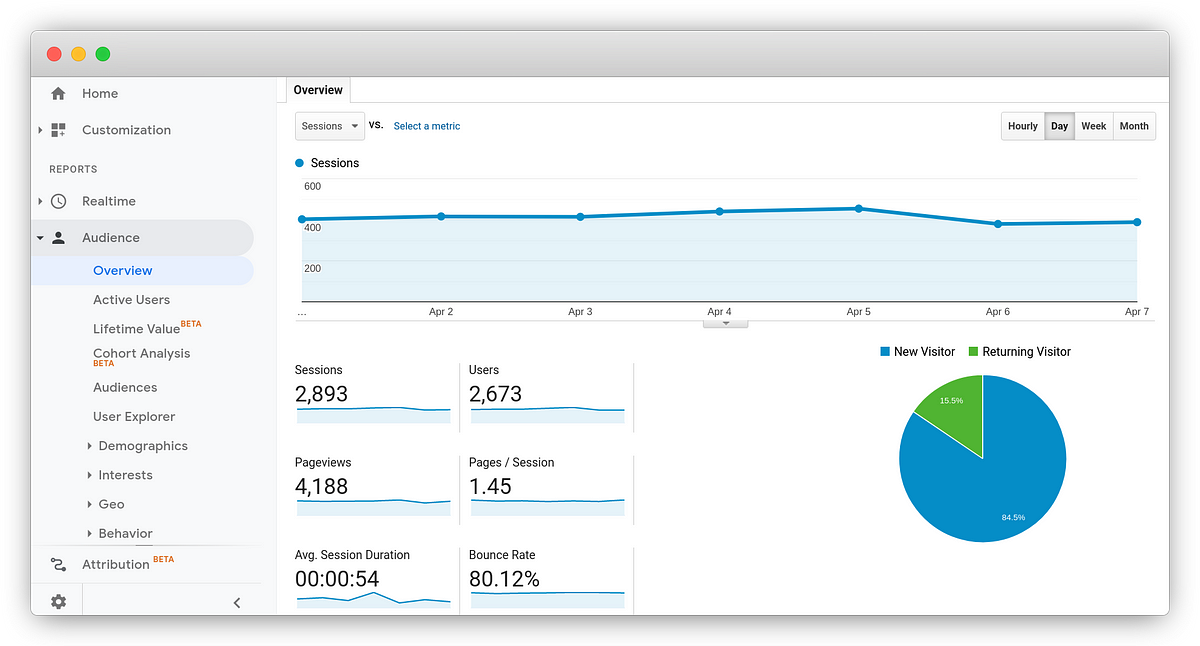Let’s take a look at the meaning of GDPR, how it impacts web analytics, steps you need to take to make Google Analytics GDPR compliant, and also explore a Google Analytics alternative that I’m working on.
A brief overview of the GDPR
I think that the GDPR is a great law that’s trying to make the web a better and friendlier place for Internet users. It’s misunderstood by some people and it’s given a bad name by those who want to force you to say “yes” to them selling your data to third-parties for non-essential purposes such as the targeted advertising purposes.
They do that by displaying different illegal implementations of GDPR with intrusive cookie walls and other annoying prompts that restrict you from visiting their sites.
GDPR is non-intrusive by default. And it does not affect businesses as much as some claim. According to the GDPR, you can use cookies even without user consent. You can monetize your site using advertising and you can promote yourself using advertising even without user consent.
What GDPR does is that it says if you’re going above the functional purposes only and want to collect and mine personalized data, you do need to inform your visitor and ask them whether they want to opt-in before doing that. Active consent is required. Seems fair?
Sites and businesses try to circumvent GDPR and implement what they think is enough to allow them to continue the practices that GDPR was designed to prevent. They introduce dark patterns to make it simple to accept data collection but difficult to decline.
Why do they do all that? Many websites make money from tracking their users for advertising purposes and they believe that more data collection means more profit. They believe that users don’t want and don’t need tracking so they will say “no” to those practices if given a fair chance. Which is why they try to circumvent this and force the consent.
These dark patterns may get very expensive when the GDPR gets enforced and companies that use these practices get punished.
What is the GDPR?
General Data Protection Regulation (GDPR) is European data security and privacy law that was put into effect on May 25th, 2018. GDPR applies to companies and websites worldwide. It applies to and impacts all businesses and websites that target people in the European Union and that collect data related to the people in the EU even if the businesses themselves are not in the EU.
The fines for violating GDPR max out at 4% of global revenue or 20 million Euro whichever is highest. More than 100 million Euro in fines have been issued to companies including Facebook and Google since GDPR came into effect.
You can read the full GDPR regulation here.
#marketing #startup #privacy #google #analytics #data analytic
